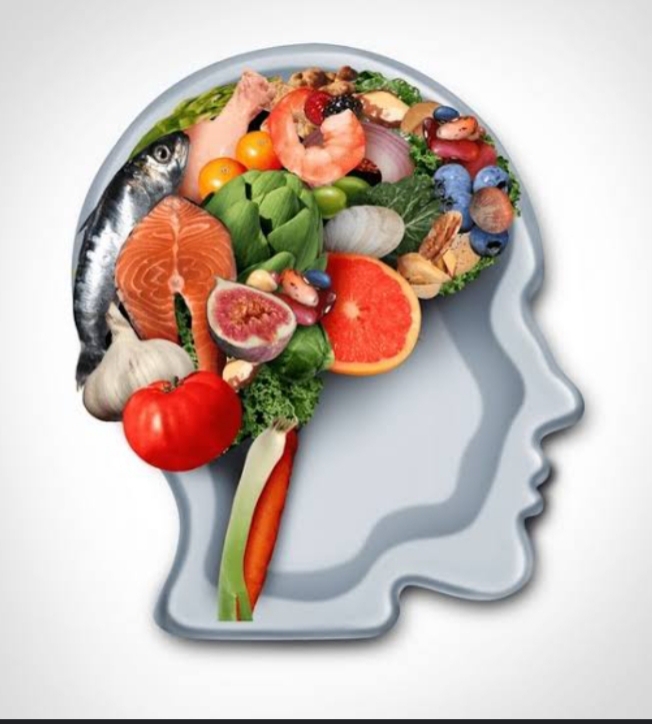
The impact of diet on mental health cannot be overemphasized. There is a mutual and complex relationship between the food and the mind. As medical students, we engage our brains in a lot of cognitive activities and the brain in return demands constant and sufficient food and energy as an exchange for optimal performance.
The brain is an organ that relies on vitamins, minerals, fat, carbohydrates and other highly nutritious food for its proper and adequate functioning. It requires a constant and healthy supply of food.
Some medical students have replaced balanced diets with energy drinks. Energy drinks rich in sugar may give quick energy which increases your mental alertness but this is accompanied by sugar dip which leads to drop in energy, mental tiredness and depression. Healthier diets protect against depression.
To protect your mental health as a student, pay attention to the following:
Impact Of Diet On Blood Sugar Level
Inadequate diet also affects blood sugar level. A diet high in variety and fibers helps to stabilize blood sugar level and reduce the risk of depression. Simple sugars like sweets do more harm than good, instead take complex carbohydrates like whole grains. Drink enough water daily to avoid dehydration which can cause blood sugar to rise.
Variation In Body Response To Diet
Study yourself and know how your body responds to different foods. Individual response to diet may vary. If you notice that you often get hungry and it affects your concentration, mood and energy level, then you should cultivate the habit of eating at regular intervals.
Impact Of Diet On Serotonin Production
Your diet also affects your serotonin production: Serotonin is a neurotransmitter that regulates mood, sleep, appetite and tolerance for pain. Some bacteria in the gut communicates with the brain and influence production of chemicals substances that relay messages from the gut to the brain. Dopamine and Serotonin are examples of such chemicals. Adequate feeding supplies the required nutrients needed by these bacteria to function effectively. The effectiveness of these bacteria results in optimal production of these chemicals and proper functioning of the brain.
Impact Of Diet On Academic Performance
Say no to malnutrition by eating food rich in essential nutrients. Malnutrition is common among students and this is another reason the hard work of some of them aren’t paying off. They read a lot and feed little and so they retain little because the brain is stressed and demands nutrients. Consequently, this not up to expectation performance in their academics results in depression and anxiety.
Inflammation Due To Unhealthy Drinking
Excessive drinking damages the lining of the gut, altering the bacteria in the gut and promotes inflammation. Eating processed and sugary food feeds some bacteria in our gut and they in turn colonize and interact with the immune system and cause chronic inflammation.
In conclusion, nutrient-rich foods provide the essential vitamins, minerals, and antioxidants that support brain function and mood stability. They help maintain stable blood sugar levels, which can prevent mood swings and fluctuations in energy levels. Additionally, a balanced diet promotes overall well-being and cognitive function, enhancing your ability to focus and concentrate. Therefore, sticking to such a diet can indeed contribute to better mood regulation and improved focus.
If you find this helpful, click here for related articles.



Leave a Reply